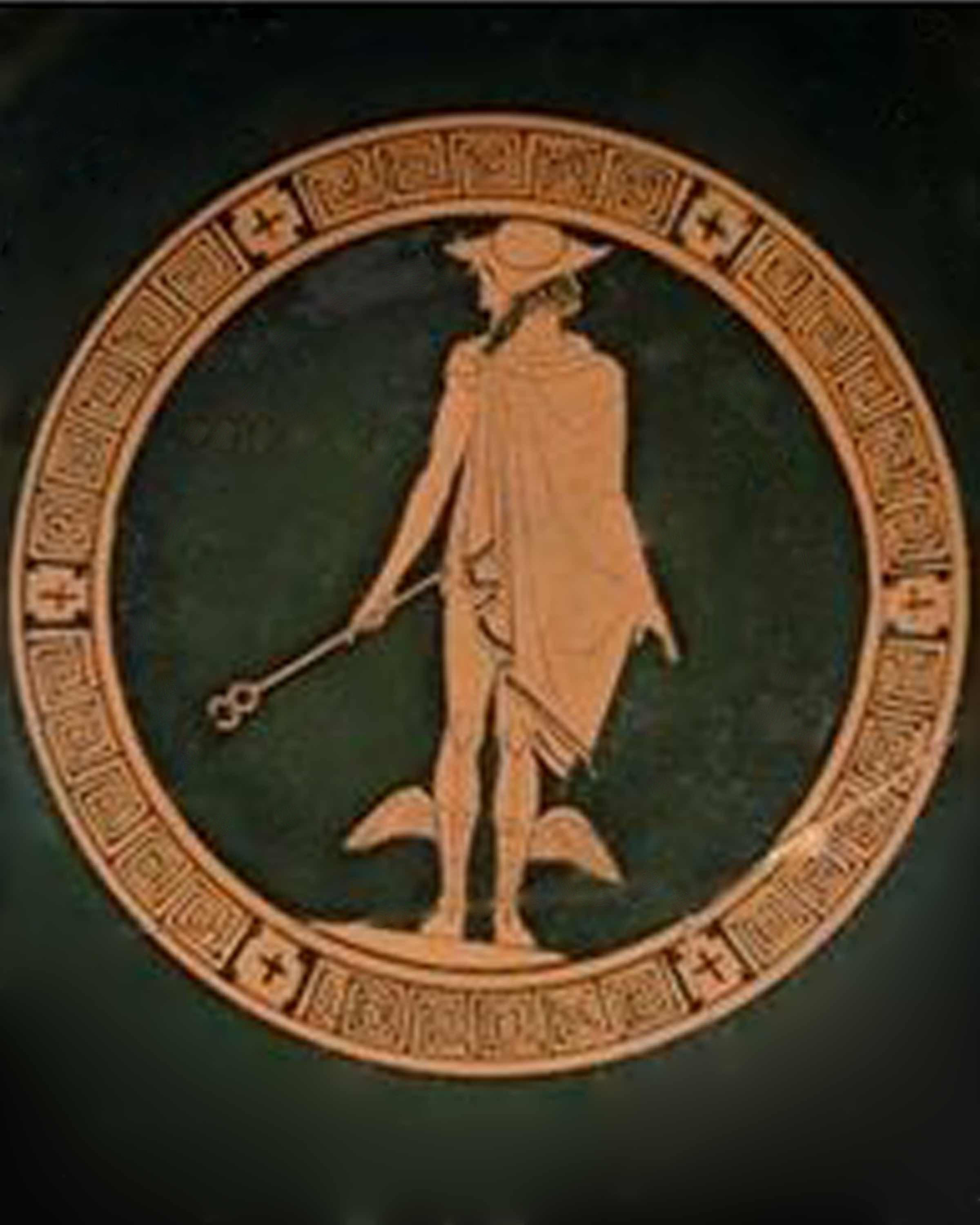Brief Paul Nagy Bio
Paul has been an active member of The Theosophical Society in America since 1973, a Unitarian Universalist since 1983, and a member of the North Carolina Society of Ethical Culture since 2000. He is a graduate from The Pacific School of Religion (Master of Divinity), an interdenominational seminary affiliated with The Graduate Theological Union at Berkeley, California. Paul was ordained by the Santa Rosa Metaphysical Alliance of New Science (SRMANS) in 1994. He has a ministry in spiritual direction, and is a member of Spiritual Director’s International. He has led countless seminars and some retreats on esoteric religions and on the daily practice of prayer.
Paul is co-producer and co-host with Audrey Layden of WCOM-FM's Carrboro Book Beat, a weekly radio show devoted to the local literary life in the Triangle and North Carolina. The show features reviews of new books by local authors, interviews with working fiction and nonfiction writers, editors, poets, journalists, publishers and all others engaged with the written arts. Our mandate is to showcase local as well as visiting authors and newly published works of topical interest. We are paying attention and want our local authors to get plenty of air time! Carrboro Book Beat shows are recorded and available to download as podcasts.
Paul Nagy is managing editor of Wordtrade.com, an internet review devoted to appraisals of academic titles in the humanities and sciences. Paul supervises the business end of the review, while writing, now and again, occasional reviews for the newsletter. He is the founding editor of Chapel Hill Review of Books, dedicated to showcasing locally written fiction and nonfiction. He also hosted of WCOM Touchstones that dealt with local religions and spiritual experience.
Paul earned a degree in cultural anthropology from
San Francisco State University
and conducted extensive research among non-christian, meditation
groups in the San Francisco Bay Area. He visited Turkey and Konya in
1980, during a study fellowship from the Chisholm Institute (Beshara
Foundation) and followed the traditional pilgrimage order of
visiting the maqams of Sadrerinn Qunavi, Shams-i-Tabriz and
Jelaluddin Rumi. Recently he completed a course where the
participants were encouraged to experience transformative spiritual
discourse (sobhet) by sharing their feeling about selections from
Rumi's poetry.
Paul considers
himself a mystic without theistic religion. His style of mysticism
is humanistic and theosophical as a philosophical and reasonable
approach to the ultimate ineffable realities of life. He has a
strong kinship with the
Sufism of ibn al-’Arabi, the worldview of the Hindu
Yogavashista, and active beauty and simplicity of
Trika mysticism.
Over the years, Paul has been part of a number of initiatory groups
and has spent some time as a
yogin, a
wiccan, a
subudan, as well as a
practitioner of Buddhism. He is also an accomplished
tarotist, specializing in
its occult lore and esoteric dimensions as well as clairvoyant
readings.
Paul’s development in tarot follows several phases of activity
and dormancy. As an adolescent he became acquainted with the cards.
Elisabeth Valentine Bacon, a professional trance clairvoyant from
Columbus, Ohio, gave him some readings and encouraged the study in
1969 and 1973. In 1978, Valerie of Compost turned him on to the
non-traditional, hippie
Morgan’s Tarot
which is still a favorite deck. In 1978-79 he made a formal
study of the RWS tarot that corresponded with his first Saturn
return. In the 1980s he read tarot sporadically while traveling in
Europe and Asia. During the 90’s he mostly ready occasionally and
upon request from friends and family. About 4 years ago Paul took up
tarot again and has been catching up with vastly expanded
reading-culture of tarot.
In the last couple of years he has with several other readers,
met through the Amberstone’s Tarot School, been reading and
discussing
Meditations on the Tarot by Anonymous as a weekly
teleconference. Paul’s thinking tends to revolve
around the collective development of tarot hermeneutics as a
collegial process and as formalized in the systematic and reflexive
study of tarot as related to sacred writings and literary works.
What can the Tarot say about the Gospel of John and what does John
say about tarot? Relate tarot to Joyce’s Ulysses, no doubt a
lifetime endeavor.
In addition to tarot, his own spiritual practice tends toward the
tantric, especially
mahamudra meditation. Considering much of the Tibetan
presentation of this style a little too sectarian, he characterizes
this spiritual practice as
centering prayer, an ecumenical form of christian contemplative
prayer. Recently he has renewed his interest in
Kashmir Shaivism
or Trika as reflective of the most versatile aspects of the
contemplative tradition. The spontaneous attentiveness in simple
awareness as divine presence now is the active basis of his
spirituality.
Paul’s academic groups include:
The Muhyiddin Ibn 'Arabi
Society, the International Society
of Neoplatonic Studies, the
American Academy of Religion, and the
The Society for the Study of Western
Esotericism.
headline 3
insert content here
